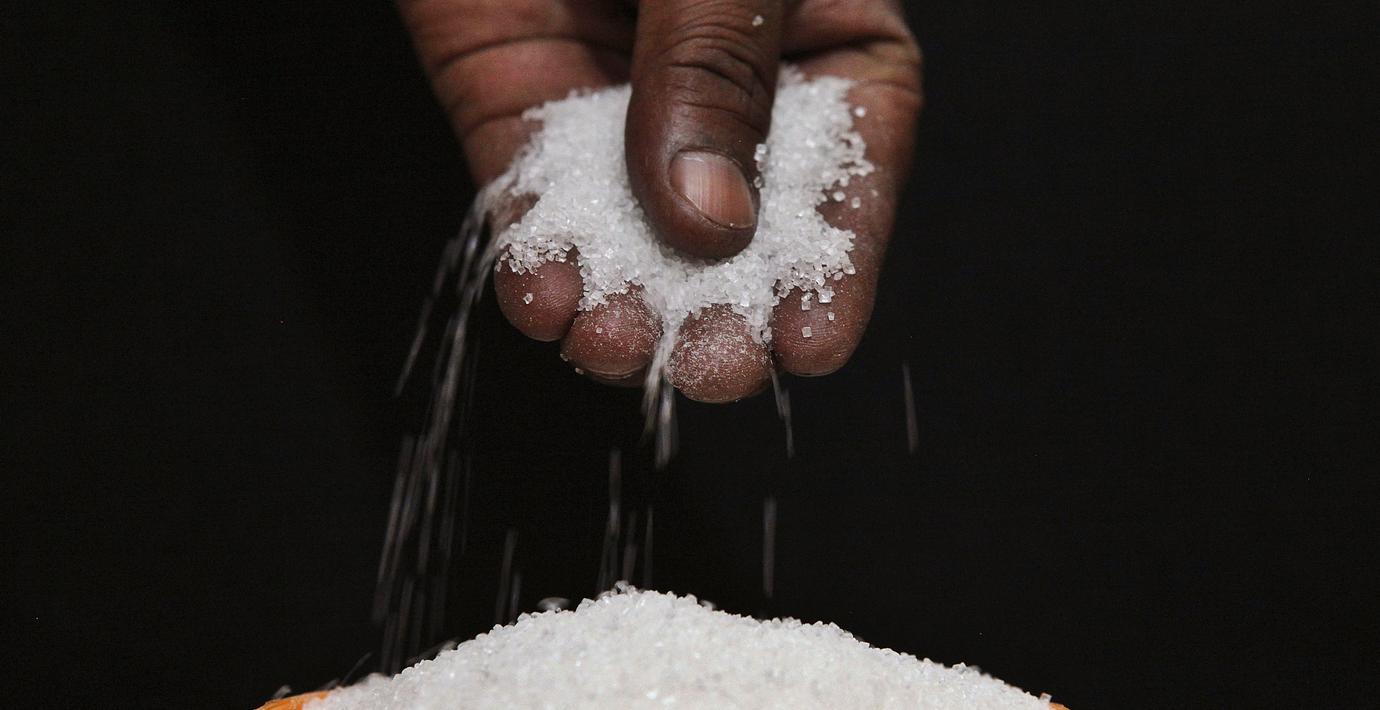
Nykomling förvirrar: Köpt socker för 20 miljarder
Singaporebaserade jordbruksjätten Wilmar International har sedan 2015 betalat drygt 20 miljarder kronor för tusentals terminskontrakt på totalt 6 miljoner ton socker, tillräckligt mycket för att fylla 3 000 olympiska simbassänger. Handeln har väckt stor uppmärksamhet bland investerare på det som är en av världens mest volatila råvarumarknader, skriver Wall Street Journal.
– Allas blickar är vända mot dem, säger INTL FCStones brasilienbaserade sockerhandlare Bruno Lima.
2015 låg sockerpriset på den lägsta nivån på flera år på grund av ett globalt överutbud. Då anses Wilmar på egen hand ha köpt så stora mängder att utbudet på marknaden balanserades. Därefter närapå fördubblades sockerpriset. Så i höstas kulminerade priserna när Wilmar, som är en nykomling när det kommer till handel med socker, bytte fot och började tömma lagren. De följande månaderna föll sockerpriset med 24 procent.